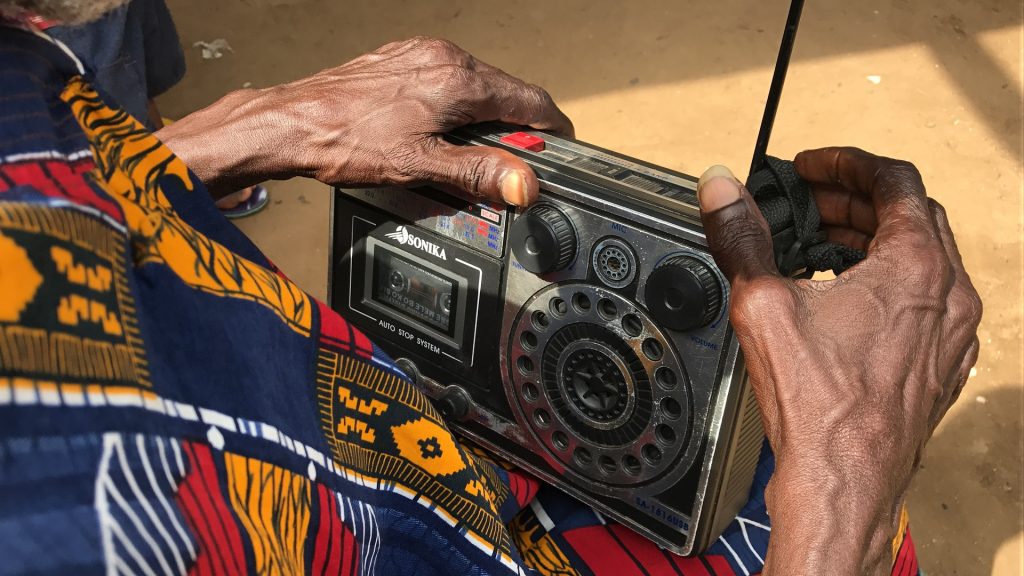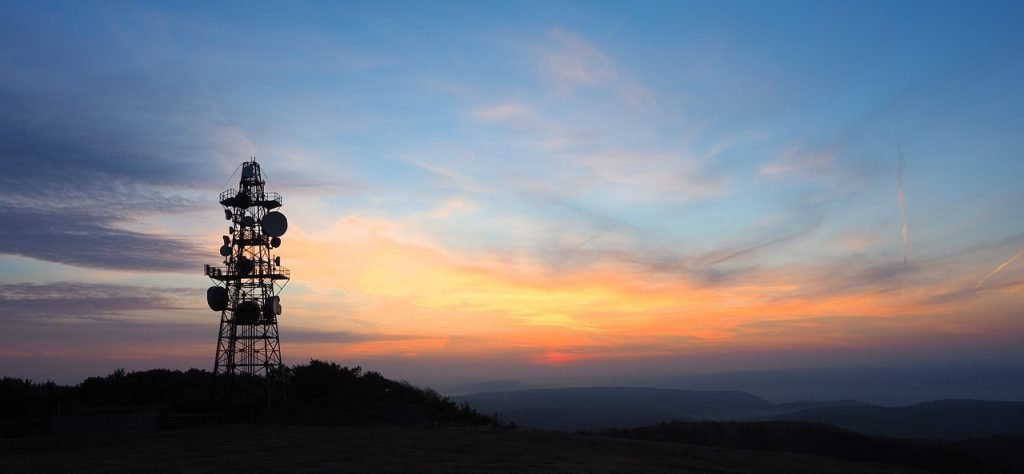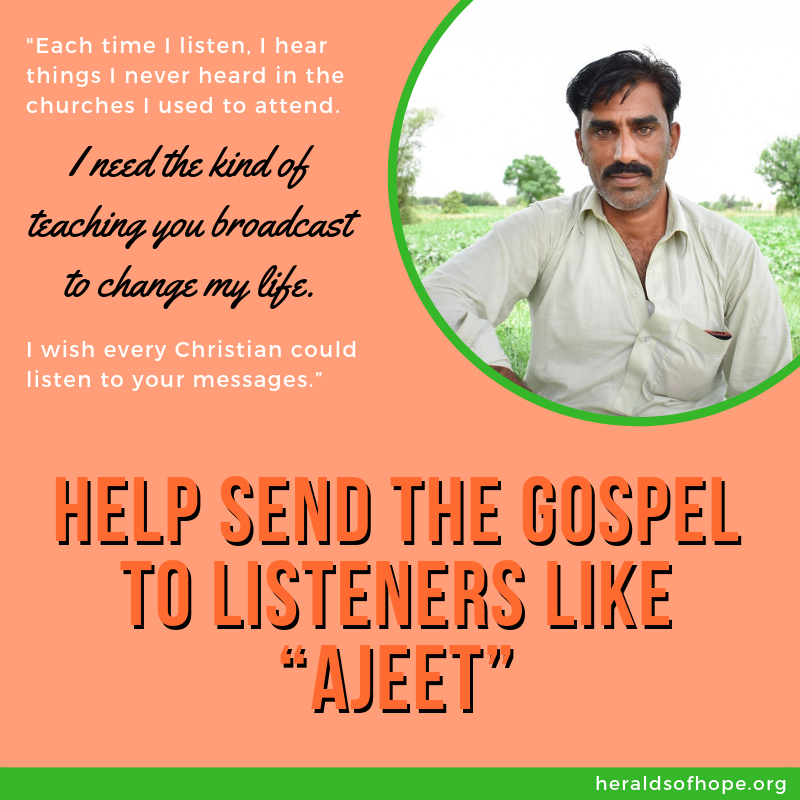
Radio is important in the 21st century because it provides an opportunity for people who cannot access television and cannot read to keep up-to-date on the news and trends. Radio also provides portable entertainment and information for many; according to an American Media Services survey, 78 percent of individuals listen to radio in the car.
The radio is important in both developing and fully developed countries for information provision. It is able to function when television stations are not and is more easily accessed than the newspaper is. The information that is given over the radio is able to be broadcast to a large number of listeners and provides them with instantaneous information.1
People from all around the world can search the airwaves for reliable sources of information even when phone lines are cut, and the Internet is blocked.2
Radio reaches people who can’t read or write. Even in very poor communities, radio penetration is vast.
– Farm Radio Org
Radio is everywhere, reaching consumers…whether they are at home, at work or in their car…delivering messages 24/7 to consumers personally, one-on-one, in an attentive environment.
Radio’s fundamental strength continues to be the power of words and sound…its human voice…
Radio Is Far-Reaching
Unlike other media, the radio experience remains intact platform to platform – whether it is delivered on a desktop, in a car, MP3 player or cell phone. These platforms allow radio to maintain its local presence while also delivering to a national audience. New technologies are increasing and enhancing listeners radio experience through text messaging, mobile applications, time shifted listening via podcasts, word of mouth forums and other opportunities.3
In today’s high-tech world, it can be easy to overlook the importance of radio. Radio may be old, but it’s still going strong. It continues to serve as the primary source of information for most people in the world.

And it is especially important for rural communities in Africa, where it is the communication tool of choice of some of the world’s most vulnerable people: Africa’s small-scale farmers.
76% of African farmers have access to a radio—18% mobile phone, 3% Internet, 2% land line.
Why? Radio can reach communities at the very end of the development road — people who live in areas with no phones and no electricity. Radio reaches people who can’t read or write. Even in very poor communities, radio penetration is vast.
Most farmers in developing countries won’t have internet access in their lifetime. About four fifths of the world’s people don’t even have access to a telephone. But, with more than 800 million radios in developing countries, an average of one in ten people has a radio.4

1 https://www.reference.com/technology/radio-important-7baceff1ed4f32f4
2 https://www.reference.com/technology/radio-important-society-3e11b43ce1243b40
3 themediaonline.co.za/2011/06/why-radio-is-more-relevant-today-than-ever-before/
